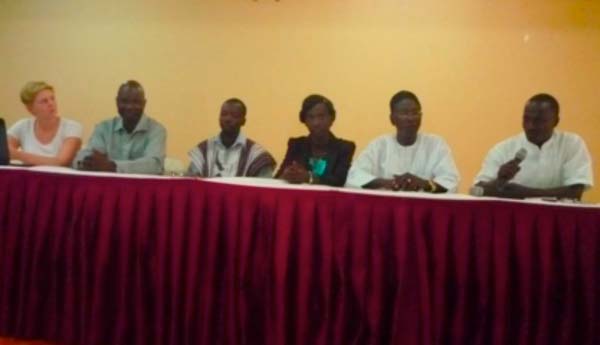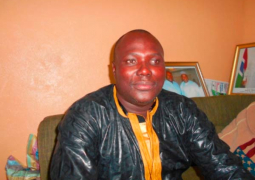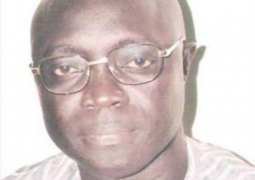
A
three-day Minimum Initial Service Package (MISP) training course organised by
the National Disaster Management Agency (NDMA) commenced yesterday at the
Paradise Suites Hotel.
The
training course funded by UNFPA brought together participants from all regions
of the country.
Alhajie
Sanneh, Executive Director of NDMA, in declaring the training course open, said
the objective is to enhance an organisation identified and to lead the
implementation of the MISP; prevent and manage the consequences of sexual
violence; reduce HIV transmission; prevent maternal and newborn death and
illness, as well as plan for comprehensive sexual and reproductive health care,
integrated into primary health care, as situation permits.
He said the expected outcome of the training
course is to equip participants with knowledge and skills on the MISP, which a
series of crucial actions required to respond to reproductive health needs at
the onset of every humanitarian crisis.
Mr
Sanneh added that the training course would also enable UNFPA and partners to
plan preparedness actions, especially for upcoming a response to the victims of
the 2016 flood.
In
addition, he said, the training course would equip key relief and humanitarian
workers with crucial knowledge and skills, to enable them mainstream gender,
reproductive rights and sexual health needs of people during emergencies.
“Planning
is the bedrock of prevention. If we do not plan we will not be able to
prevent,” he added.
Their
overall goal, he pointed out, is to increase the coordination skills of
humanitarian actors and NDMA staff, noting that upon completion of the training
course participants are expected to be able to advocate for SRH in crises;
apply core concepts and techniques provided in the MISP; apply coordination
skills for the implementation of the MISP, as well as produce an action plan to
integrate SRH into national emergency preparedness plans.
He
thanked UNFPA and everyone for their support in ensuring the training course
takes place.
In his opening remarks, Abdoulie Camara,
Public Health Emergency and Disaster Coordinator at the Ministry of Health and
Social Welfare, said the day marked another important step towards disaster
risk reduction in The Gambia.
He
said looking at reproductive health issues during disasters, they would come up
with recommendation on how they could respond and mitigate disasters when they
happen.
Mr
Camara noted that most of the time reproductive health issues are forgotten
when there are disasters.
The
training course targeted regional/municipal disaster management coordinators,
NDMA focal persons (health, agriculture, education) in each of the 5 regions
and 2 municipalities, NDMA staff from the central office, ministry of health
personnel (including personnel from the RCH unit) and Gambia red cross staff.



